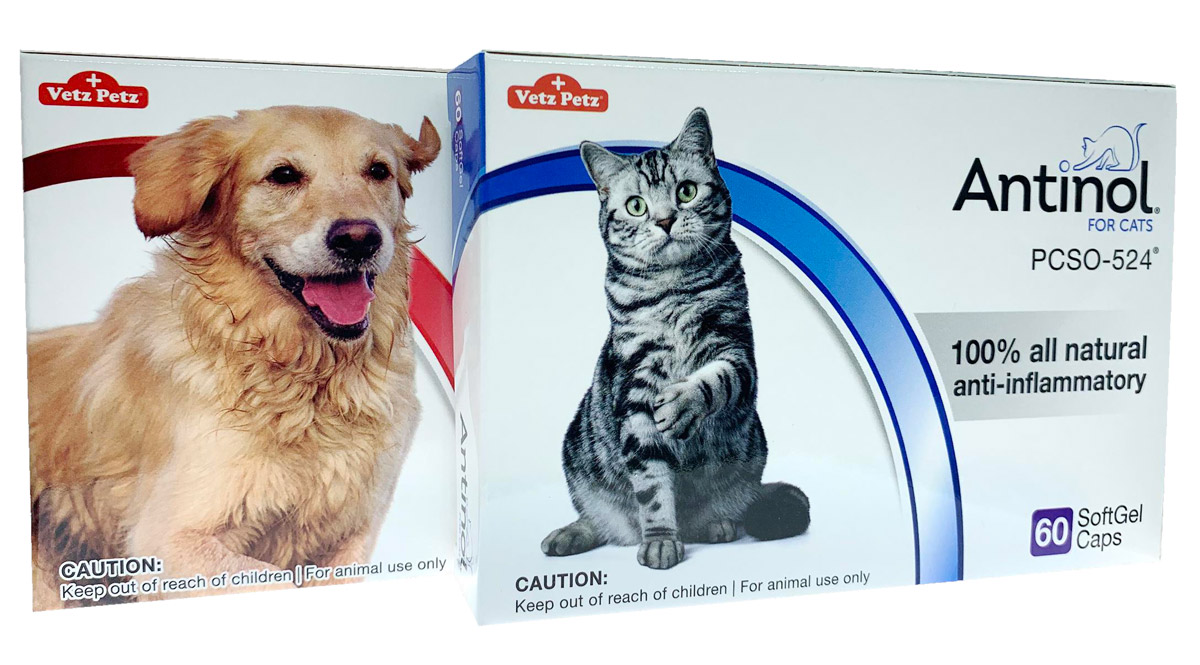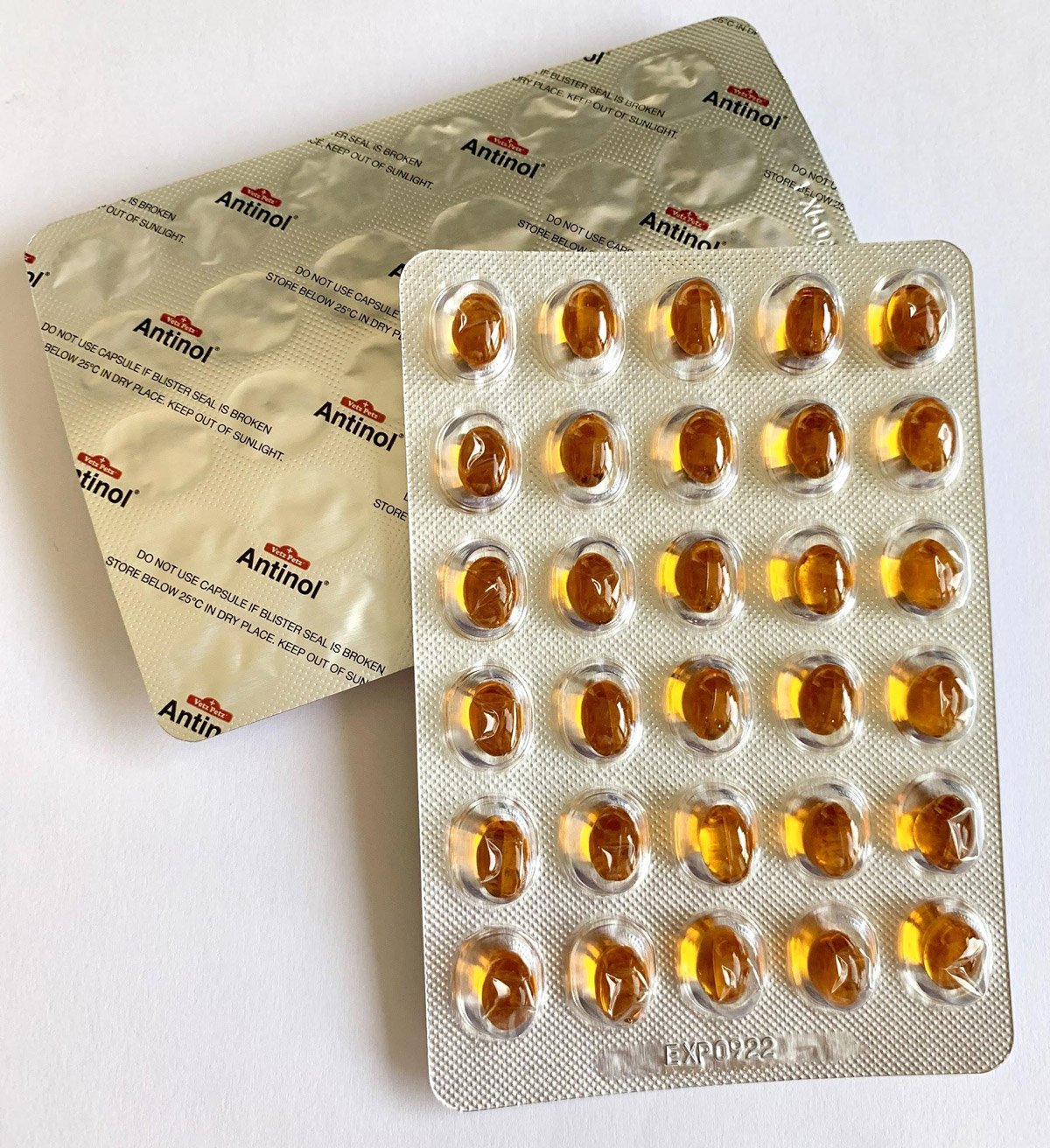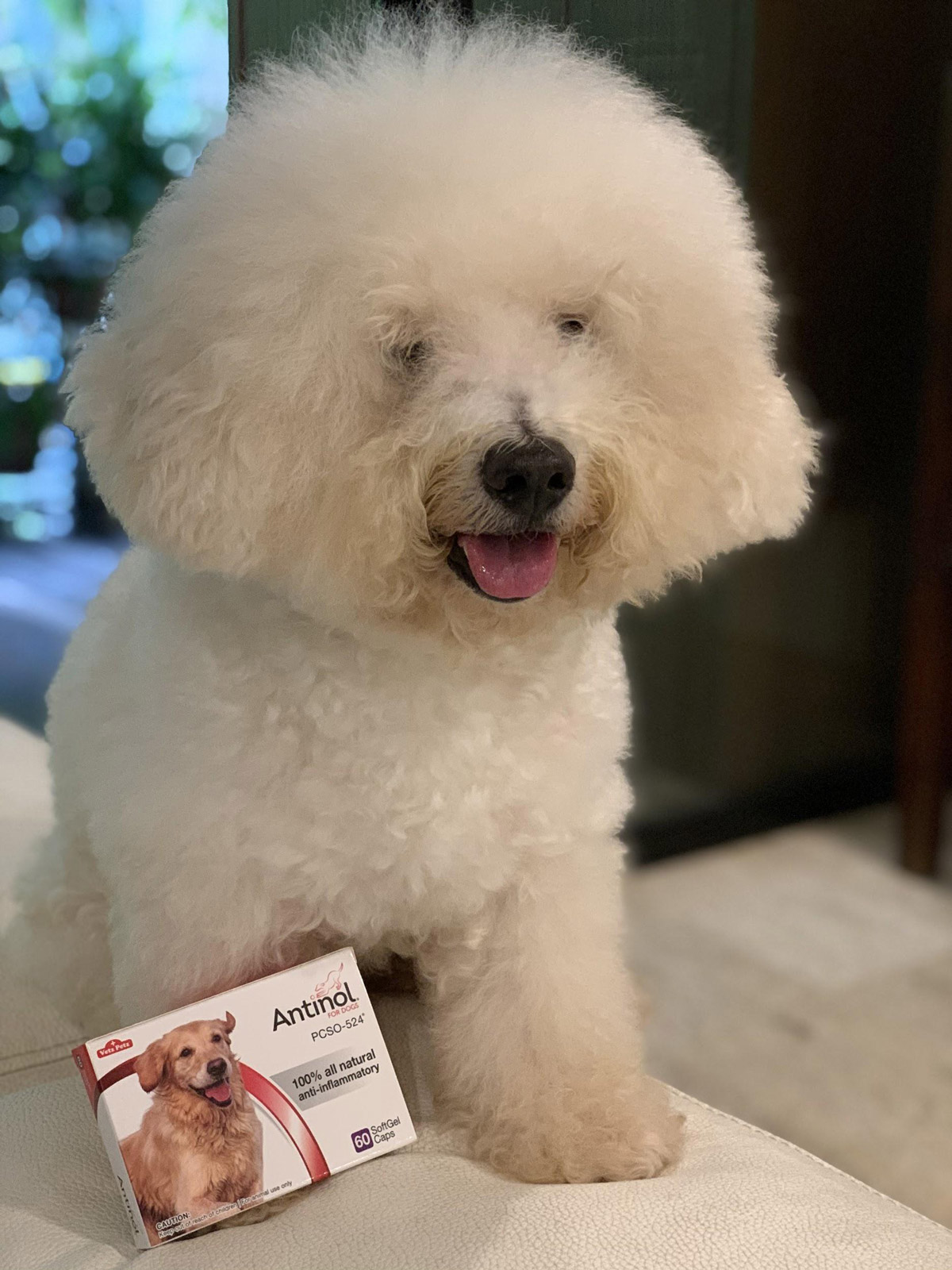Does Your Dog Have Osteoarthritis?

Osteoarthritis — the most common joint disease and prevalent cause of debilitating lameness in dogs. Does it sound scary to you? It should, if you’re a dog owner! Not to be taken lightly, canine osteoarthritis (OA) is an irreversible, progressive disorder that can only be slowed down if managed properly.
In order to help your pooch live a happy, active, and pain-free life, read on to learn how to spot signs of OA early and how you may assist in preventing and managing the condition!
Warning signs of OA

OA is not to be confused with sarcopenia, where dogs lose muscle and develop weakness in the limbs as they age. OA is painful for the pet.
A degenerative joint disease, OA is characterised by the thinning of the joint cartilage, changes in the joint capsule, a build-up of fluid in the joint (joint swelling), and the formation of bony outgrowths around the joints.
These cause inflammation, pain, and restricted flexibility of the affected joints, which in turn result in reduced movement and the wasting of the muscles supporting the joint. This makes the afflicted joints even more unstable and movements all the more painful, so dogs with OA tend to exhibit these symptoms:
- Slowness in getting up from lying down
- Moving slower
- Reluctance to jump, run, play, and climb stairs as before
- Difficulty in getting into position to urinate or defecate
- Weight gain
- Stiffness
- Irritability
- Pain when touched
- Loss of interest in playing and interacting
- Loss of muscle mass over spine and limbs.
Unfortunately, OA can be hard to identify in its early stages because many of the symptoms are not visibly apparent until the affected joint is severely impacted. This, coupled with the fact that dogs have an innate inclination to hide their pain for survival, makes it very important that dog owners are able to pick out even the slightest sign of discomfort from their beloved pet.

To do so, we need to familiarise ourselves with our dog’s usual behaviour and be aware of the factors that can make a dog more susceptible to developing OA. These include:
- Being of a larger breed such as a Golden Retriever or German Shepherd
- Being overweight or obese
- Having injuries such as ligament tears or fractures
- Being of a breed genetically predisposed to OA, such as Bassets, German Shepherds, Labrador Retrievers, Golden Retrievers, and Great Danes.
If you suspect that your pooch might have OA, have your suspicions addressed by your vet as soon as possible. Early detection and management can help to minimise lifetime pain and slow down degenerative changes. Early detection also means more treatment and management options, and less medical fees!
Prevention & management of OA

To reduce the risk of your pet developing OA and slow down the deterioration of the condition, a multimodal intervention is often employed. This will often include:
- Weight loss to reduce the stress and pressure applied to joints
- Non-impact exercises such as hydrotherapy and massages to strengthen the muscles that support the joints
- Joint supplements that contain ingredients that have been clinically proven to reduce inflammation
- Antinol® is a popular choice, being an all-natural, anti-inflammatory supplement with an impressive track record for helping pets with OA
- A properly-formulated diet based on your pet’s body weight to build muscle and bone strength and avoid obesity
- This is important because overfeeding your dog will lead to excessive formation of white adipose tissue (white fat), which is a proven source of hormones and chemicals that promote inflammation
- Marine oils are the best source of anti-inflammatory omega-3 fatty acids, and diets should be low in omega-6 fatty acids as these promote inflammation.
If your pet has already been diagnosed with OA, treatment will usually focus on slowing down the progression of the condition through a combination of medical and non-medical treatments such as hydrotherapy, laser therapy, physiotherapy, and acupuncture. In severe cases, surgery might be needed to replace the joint or remove damaged tissue from it.
To make your pet’s life as comfortable as possible even with OA, you may also equip your home with useful accessories such as orthopaedic beds and non-slip dog stairs and ramps!
Boost your pet’s joints with Antinol®

As mentioned earlier, joint supplements are an essential component of the preventive measures utilised to slow down the development of canine OA. Recommended by veterinarians all around the world, Antinol® is a natural anti-inflammatory supplement for both dogs and cats with OA that gives them a boost in their fight against the condition.

Antinol® gel caps can be easily incorporated into your pet’s diet
Antinol® contains the patented ingredient PCSO-524®, which is a unique lipid extract from the New Zealand Green-Lipped Mussel. Obtained via a special patented extraction process that employs no heat or chemicals to ensure the highest level of effectiveness, PCSO-524® has over 90 fatty acids working synergistically to create a potent anti-inflammatory effect.
This includes rare and novel compounds like OTA (octadecatetraenoic acid) and ETA (eicosatetraenoic acid), which makes Antinol® that much more effective in reducing pain and improving mobility than other supplements that have just the usual EPA (eicosapentaenoic acid) and DHA (docosahexaenoic acid) components! In fact, 90% of dogs and cats showed visible improvement in mobility within two weeks of starting Antinol®, and it’s also the leading joint mobility therapy in Japan.
Compared to non-steroidal anti-inflammatory drugs (NSAIDS), long-term use of Antinol® has also been clinically proven to be safe with no effects on the liver, kidney, and gastrointestinal tract. Unlike products containing green-lipped mussel powder, Antinol® is allergy-safe since it only contains extracted lipids and no seafood proteins, making Antinol® suitable for all pets in need of relief from OA.
The published medical journal, Inflammopharmacology, has also found Antinol® to be:
- 200 times more potent than flax oil
- 175 times more potent than salmon oil
- 125 times more potent than green-lipped mussel powder
- 100 times more potent than fish oil.

To get your pet started on Antinol® for happier, livelier, and carefree days, speak to your veterinarian* or direct message @Antinolsg here to find out which clinics carry Antinol®!
*Note: Given the current COVID-19 situation, do give the clinic a call beforehand to fix an appointment with your veterinarian or to find out if you can drop by to purchase Antinol® without a prescription.









